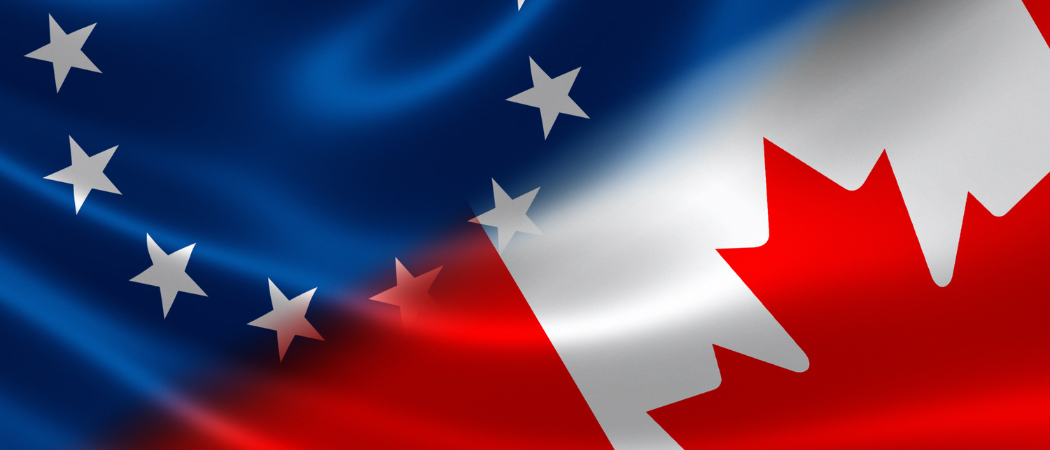Sign off allows Canadian researchers to apply on an equal footing to researchers based in Europe

Photo credits: ronniechua / BigStock
Canada has officially associated to Horizon Europe, the EU’s €95 billion research programme, becoming the latest non-European country to join.
The move was announced in November 2023, and today it has been officially signed off, with Canada joining New Zealand and South Korea as associated countries outside of Europe.
“The challenges that we face are global, and we must therefore work together to tackle them. I wholeheartedly welcome Canada in our Horizon Europe programme,” said research commissioner Iliana Ivanova, who was in Canada today to sign the deal.
“This is, in my view, this is a framework, a milestone for prosperity in the 21st century. It signals a new chapter in our relationship with the EU,” said François-Philippe Champagne, Canada’s science minister at today’s signing.
The agreement only covers Pillar II of Horizon Europe, which typically funds consortia of academics and companies to overcome industrial, social and environmental challenges.
The European Research Council, which backs pure curiosity driven research, and the European Innovation Council, designed to scale up European companies, are not part of the association.
Canadian researchers were already in theory able to join Horizon Europe projects, but the process has been a pain as they have to find their own domestic sources of funding.
With association now agreed, Canadians can join European partners in a single application, and win a single pot of funding. Canadians can also coordinate projects.
The invasion of Ukraine has given Brussels added impetus to assemble a coalition of what it term “likeminded” democratic research and technology partners, including Canada, from across the world.
This has been partially successful – New Zealand and South Korea have also joined – but talks with Japan and Australia, previously mooted as targets, have stalled.
“Association is also a strong sign of our geopolitical alliance,” said Ivanova. “It complements the dialogues we hold in many forums as like-minded partners”.
But association has been a long time coming. Talks between the two sides started all the way back in 2018, as Brussels was hatching plans to expand its framework programmes outside the European region.
One sticking point in negotiations has been over how to cap costs. Although details of the deal are yet to be made public, Canada will likely pay Brussels roughly what its researchers win from the programme under a “pay as you go” model.
But that potentially leaves Ottawa on the hook for unlimited contributions if its researchers do particularly well.
Negotiators also had to hammer out adjudication – what authority has the ultimate say if there are disputes.
Negotiation deadlines slipped last year. In November 2022, both sides hoped to strike a deal by the following spring, but in the end it took another year.
The EU has also had to negotiate association with the UK and Switzerland, normally stalwarts of its research programmes, but locked out due to higher level political wrangling.
However, last September the UK agreed terms, and negotiations with the Swiss hope to finalise a deal this summer.
In April the European Commission opened early-stage association talks with Singapore, although there are questions over whether the city-state has the democratic credentials to join under Horizon Europe rules.





 A unique international forum for public research organisations and companies to connect their external engagement with strategic interests around their R&D system.
A unique international forum for public research organisations and companies to connect their external engagement with strategic interests around their R&D system.